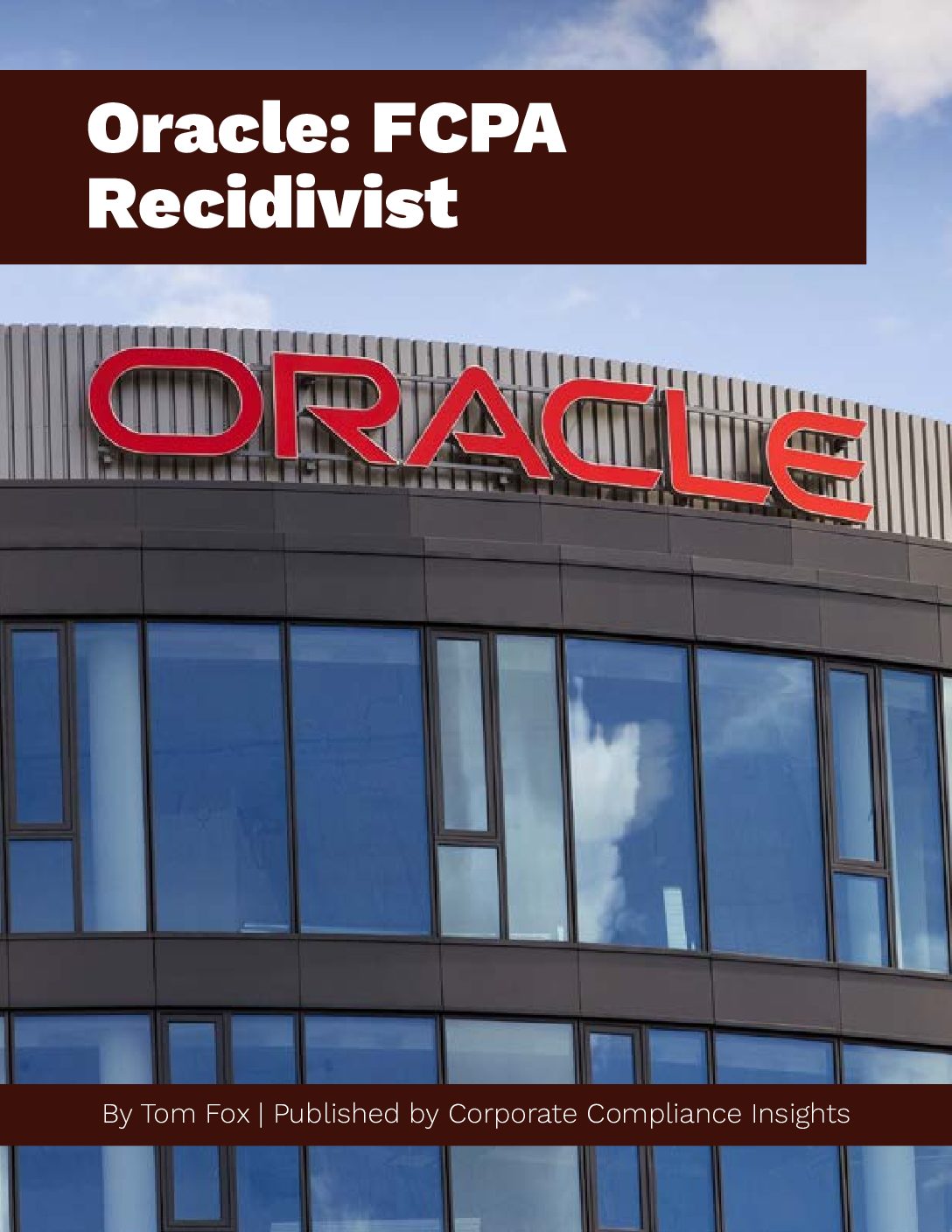If there were ever any doubt, the Affordable Care Act (ACA) is here to stay. The recent U.S. Supreme Court King v. Burwell ruling that authorized the Internal Revenue Service to provide tax credits to qualifying individuals who purchase health insurance through the federal exchange, a state exchange or another type of exchange established by the Department of Health and Human Services has cemented the program for years to come.
So what does this ruling mean for mid-sized business owners and their HR directors and benefits providers?
It’s a strong reminder that Applicable Large Employers (ALEs) may be in for trouble if they have not taken steps to comply. Starting this year, any employers with 50 or more full-time employees plus full-time equivalent employees (those averaging 30 or more hours of service per week) are required to provide “affordable” health insurance coverage under the ACA to at least 70 percent of eligible employees (95 percent in 2016) and accurately track, manage and report the company’s health insurance data. Noncompliant businesses with 100 or more employees will face penalties for their actions in 2015. However, these penalties will not be enforced by the IRS this calendar year for companies with 50 or more employees. Those smaller ALEs will be liable for fines for their actions starting in 2016.
While it may seem like there’s still time to prepare to meet ACA requirements, the health care compliance landscape is complicated and requires careful planning and strategizing – especially since many companies feel unprepared for and overwhelmed by the complexity that’s required to be in compliance.
With approximately 100 employees in the United States, mid-sized business Zyscovich Architects knew it would be required to record extensive data related to complying with the ACA this year, and the company felt unprepared to meet the challenge.
Zyscovich faced increased recordkeeping and reporting requirements as a result of the Health Insurance Portability and Accountability Act (HIPAA), E-Verify and the 401(k) Census, in addition to the ACA mandates. The firm’s leaders sought outside support to help them make sure the company continued to meet the compliance requirements associated with all of these various government regulations.
According to the ADP 2014 Midsized Business Owner Study, the volume of government regulations and the ACA are among the top concerns of mid-sized business owners. The study found more than 75 percent of mid-sized business owners lacked confidence that their organizations understand all of the new ACA regulations, and less than a quarter of them are confident that they have the tools and information needed to make decisions about the best health and benefits strategies.
For those playing the waiting game, a harsh wake-up call may be on the way. Now is the time for mid-sized companies to become informed and start devising a smart compliance strategy. A calculated and tested approach not only will have a positive impact on employees, but also will help save the company money in the long run.
In addition to deciding what health care plan options to offer your employees, another major factor is establishing a smooth tracking and reporting process to keep up with the reporting schedule set by the IRS. This process will need to span your organization and will impact decisions concerning benefits, payroll, HR and time and labor management. A streamlined approach is best to ensure all of your business units are in sync before adding a new complicated reporting system to your current workflow process.
Starting in 2016, the IRS will require companies with 50 or more full-time equivalent employees to file two extensive forms on an annual basis to demonstrate compliance under the “Shared Responsibility” provision of the ACA. Employees need to be knowledgeable about these forms, too. These forms include:
- Form 1095-C: This is a new form that employees will need to submit with their Form W-2 when they file their taxes for 2015; employers will file this form with the IRS. This form will verify ACA compliance on both the employee’s and employer’s part. There will likely be confusion about this new form, so employers will need to provide clear direction to employees about this new process.
- The 1095-C will also enable employees to secure premium tax credits if their employer does not offer affordable and acceptable health coverage.
- Employers with fewer than 250 Forms 1095-C will be allowed to file paper forms to the IRS, but for companies that file more than 250 forms, the IRS is requiring electronic filing.
- Form 1094-C: This form is the “Transmittal of Employer-Provided Health Insurance,” which is the annual health report that employers need to file with the IRS to demonstrate that they’ve offered health coverage to 70 percent of eligible employees in 2015.
These first annual reports will reflect 2015 data, which means companies should have an infrastructure in place now to collect and document the information needed to meet these important delivery dates:
- Returns are first due to the IRS by March 31, 2016 (February 28, 2016, if filing by paper)
- Statements are first due to applicable individuals by February 1, 2016
In preparation for the first required filing of these forms, the IRS will accept voluntary files. Year-end may be a good time for employers to try a practice run, so any amendments can be made well before the official due dates. Consider adding an ACA reporting exercise to your year-end to-do list this year.
Then, once 2016 is here, employers that fail to meet the IRS’s requirements and deadlines could be subject to hefty penalties, including:
- A minimum penalty of $250 per IRS Return and Employee Statement (1095-C)
- A maximum penalty of $3 million for all failures during a calendar year
The bottom line? Get started early on your ACA compliance strategy. That means now is better than three months from now. There are many resources and expert tools available to help companies start mapping and implementing a reliable and smart ACA compliance process.
Eventually, the ACA reporting protocol will become streamlined and easier. Therefore, businesses like Zyscovich Architects, which have taken steps to meet ACA requirements well in advance and have established an efficient management process, will be able to refocus on core business goals, such as building a stronger workforce and managing ongoing growth at a more rapid pace.



 Tom Perrotti is President of ADP’s Major Account Services and ADP Canada organizations, which provide human capital management services to businesses with 50 to 1,000 employees across the U.S. and Canada. For more than six decades, ADP has helped organizations navigate regulatory change. Since the ACA was enacted in 2010, ADP has helped organizations of all sizes quickly adapt to emerging ACA compliance requirements.
Tom Perrotti is President of ADP’s Major Account Services and ADP Canada organizations, which provide human capital management services to businesses with 50 to 1,000 employees across the U.S. and Canada. For more than six decades, ADP has helped organizations navigate regulatory change. Since the ACA was enacted in 2010, ADP has helped organizations of all sizes quickly adapt to emerging ACA compliance requirements.





